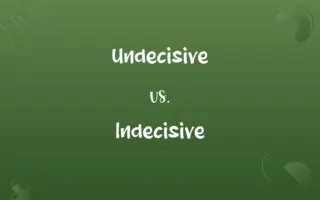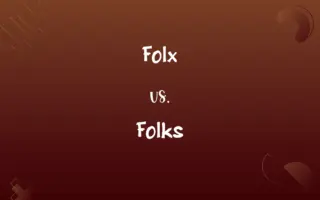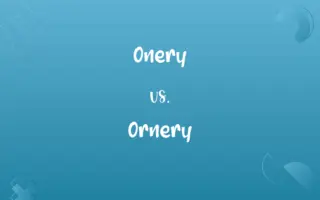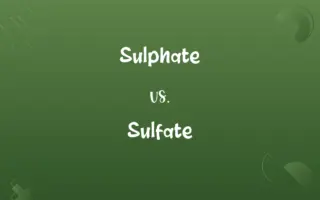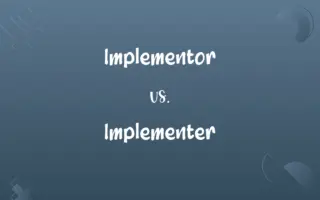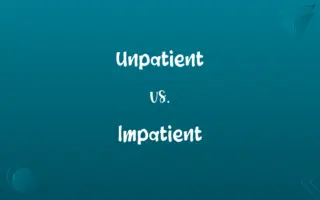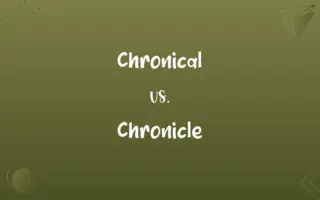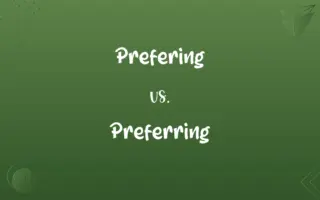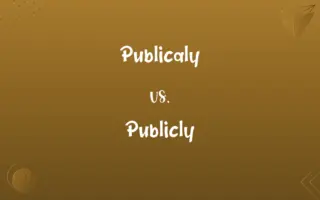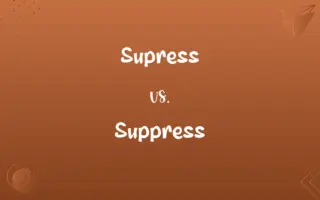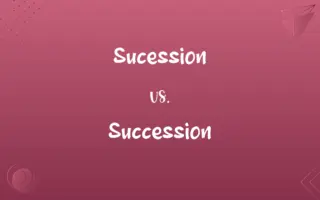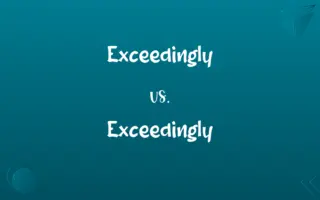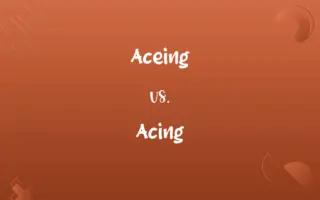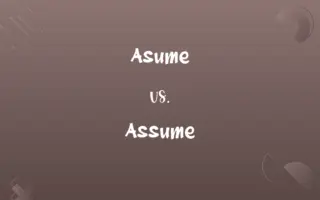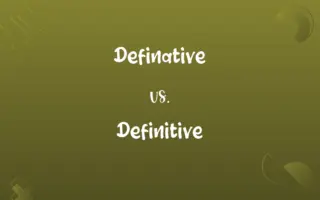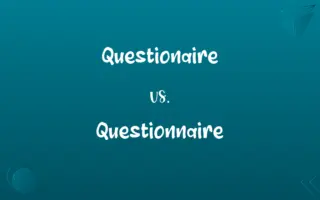Annoint vs. Anoint: Decoding the Right Spelling

By Shumaila Saeed || Published on December 28, 2023
Annoint is incorrect spelling while Anoint, meaning to smear or rub with oil, typically as part of a religious ceremony, is correct.
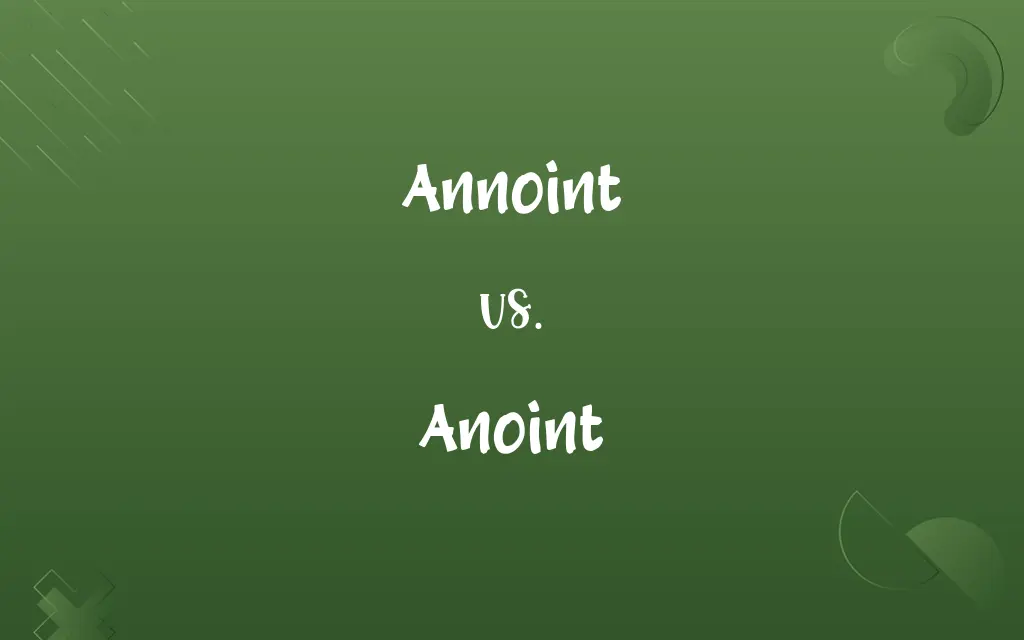
Which is correct: Annoint or Anoint
How to spell Anoint?

Annoint is Incorrect

Anoint is Correct
How to remember correct spelling of Anoint?
Visualize "Anoint" as oil being applied in a single, smooth motion, symbolizing one 'n'.
Shumaila Saeed
Dec 28, 2023
Think of "Anoint" as "A + no + int" – it helps to remember that there's no extra 'n' in it.
Shumaila Saeed
Dec 28, 2023
Link "Anoint" with "appoint" and "disappoint," all having a single 'n' and relating to special or significant actions.
Shumaila Saeed
Dec 28, 2023
Remember, "Anoint" has a single 'n' like the word "appoint," which also involves setting someone for a special role.
Shumaila Saeed
Dec 28, 2023
Use the mnemonic: "A New Ointment Is Now Tried" - each capital letter forms "Anoint."
Shumaila Saeed
Dec 28, 2023
Anoint Definitions
To rub or smear with oil or ointment as part of a religious ceremony
The priest anointed the sick with holy oil.
Shumaila Saeed
Dec 14, 2023
To use oil on a person in a healing or soothing manner
She anointed her hands with lavender oil to calm her nerves.
Shumaila Saeed
Dec 14, 2023
To consecrate or make sacred in a ceremony
The king was anointed during his coronation.
Shumaila Saeed
Dec 14, 2023
To apply oil, ointment, or a similar substance to.
Shumaila Saeed
Oct 19, 2023
To put oil on during a religious ceremony as a sign of sanctification or consecration.
Shumaila Saeed
Oct 19, 2023
To choose by or as if by divine intervention.
Shumaila Saeed
Oct 19, 2023
(transitive) To smear or rub over with oil or an unctuous substance; also, to spread over, as oil.
Shumaila Saeed
Oct 19, 2023
(transitive) To apply oil to or to pour oil upon, etc., as a sacred rite, especially for consecration.
Shumaila Saeed
Oct 19, 2023
To choose or nominate somebody for a leading or otherwise important position, especially formally or officially, or as an intended successor.
Shumaila Saeed
Oct 19, 2023
To mark somebody as an official ruler, especially a king or queen, as a part of a religious ceremony.
Shumaila Saeed
Oct 19, 2023
To smear or rub over with oil or an unctuous substance; also, to spread over, as oil.
And fragrant oils the stiffened limbs anoint.
He anointed the eyes of the blind man with the clay.
Shumaila Saeed
Oct 19, 2023
To apply oil to or to pour oil upon, etc., as a sacred rite, especially for consecration.
Then shalt thou take the anointing oil, and pour it upon his [Aaron's] head and anoint him.
Anoint Hazael to be king over Syria.
Shumaila Saeed
Oct 19, 2023
Anointed.
Shumaila Saeed
Oct 19, 2023
Administer an oil or ointment to ; often in a religious ceremony of blessing
Shumaila Saeed
Oct 19, 2023
To nominate or choose someone formally for a position or duty
The board anointed a new CEO for the company.
Shumaila Saeed
Dec 14, 2023
To declare or acknowledge someone as the best or most important in a sphere or group
The critics anointed the novel as the year's best.
Shumaila Saeed
Dec 14, 2023
Repeatedly Asked Queries
What are common synonyms for "Anoint"?
Synonyms for "anoint" include consecrate, bless, smear, rub, and ordain.
Shumaila Saeed
Dec 28, 2023
Why is "Annoint" considered incorrect?
"Annoint" is incorrect due to the unnecessary doubling of 'n'; the correct spelling is "anoint" with a single 'n'.
Shumaila Saeed
Dec 28, 2023
Is "Anoint" used differently in American and British English?
The usage of "anoint" is generally consistent in both American and British English.
Shumaila Saeed
Dec 28, 2023
Can "Anoint" be used in a metaphorical sense?
Yes, "anoint" can be used metaphorically, such as anointing someone as a leader or a successor.
Shumaila Saeed
Dec 28, 2023
In what scenarios is using "Anoint" most appropriate?
Using "anoint" is most appropriate in scenarios involving formal appointment, religious ceremonies, or applying an ointment.
Shumaila Saeed
Dec 28, 2023
What is the origin of the word "Anoint"?
"Anoint" comes from the Old French "enoindre," from Latin "inunguere," meaning "to smear on."
Shumaila Saeed
Dec 28, 2023
Why does "Anoint" have a single 'n' and not double?
In English, the spelling "anoint" follows the pattern of similar words with a single 'n', such as "appoint" and "point."
Shumaila Saeed
Dec 28, 2023
Is "Anoint" used in both religious and secular contexts?
Yes, "anoint" is used in both religious ceremonies and secular contexts, like anointing a leader or using ointment for healing.
Shumaila Saeed
Dec 28, 2023
Is "Anoint" a common word in everyday English?
While not as common in everyday speech, "anoint" is well-known and often used in religious, healing, and formal contexts.
Shumaila Saeed
Dec 28, 2023
How can one remember the spelling of "Anoint"?
Remember that "anoint" has only one 'n', like in "appointment," which is a similar formal designation.
Shumaila Saeed
Dec 28, 2023
Does "Anoint" have different meanings in different religious traditions?
Yes, the meaning and practices of anointing can vary across different religious traditions.
Shumaila Saeed
Dec 28, 2023
What is the adjective form of "Anoint"?
The adjective form related to "anoint" is "anointed," as in "the anointed leader."
Shumaila Saeed
Dec 28, 2023
Can "Anoint" be used in a negative context?
While traditionally positive or neutral, "anoint" can be used negatively in a metaphorical sense, like anointing someone as a villain.
Shumaila Saeed
Dec 28, 2023
What is the verb tense of "Anoint"?
"Anoint" is the base form; its past tense and past participle form is "anointed."
Shumaila Saeed
Dec 28, 2023
Can "Anoint" be used interchangeably with "appoint"?
While they share similarities, "anoint" and "appoint" are not always interchangeable, as "anoint" often has a sacred or ceremonial connotation.
Shumaila Saeed
Dec 28, 2023
Share this page
Link for your blog / website
HTML
Link to share via messenger
About Author
Written by
Shumaila SaeedShumaila Saeed, an expert content creator with 6 years of experience, specializes in distilling complex topics into easily digestible comparisons, shining a light on the nuances that both inform and educate readers with clarity and accuracy.



